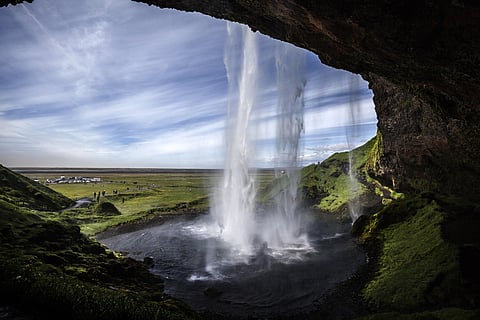
- LIFESTYLE
- FASHION
- FOOD
- ENTERTAINMENT
- EVENTS
- CULTURE
- VIDEOS
- WEB STORIES
- GALLERIES
- GADGETS
- CAR & BIKE
- SOCIETY
- TRAVEL
- NORTH EAST
- INDULGE CONNECT

As travelers become more environmentally aware, sustainable stays are gaining significant popularity. People are increasingly seeking accommodations that reduce their ecological impact while still offering comfort and convenience. From energy-efficient hotels to eco-lodges tucked away in nature, the focus on sustainability is reshaping the way we travel. The need to reduce carbon footprints, minimize waste, and preserve local ecosystems has prompted the hospitality industry to adopt greener practices.
Sustainable stays are no longer limited to just basic eco-lodges or campsites. Many mainstream hotels and resorts are now incorporating energy-saving technologies, water conservation systems, and eco-friendly materials in their designs. Green certifications, such as LEED or Green Key, are becoming common indicators for travelers to identify environmentally responsible choices. By focusing on renewable energy sources, waste reduction, and supporting local communities, these accommodations provide travelers with guilt-free options that align with their values.
Sustainable stays are not only good for the planet—they also offer a more enriching travel experience. Many eco-friendly accommodations are designed to provide travelers with a deeper connection to nature and local cultures. From staying in a treehouse surrounded by forest to participating in conservation efforts, these experiences help travelers appreciate the importance of preserving the environment.
Moreover, sustainable stays often foster a stronger connection to local communities. Many eco-conscious hotels partner with local artisans, farmers, and conservation programs, offering visitors a chance to engage with the region in a meaningful way. This collaboration ensures that tourism benefits everyone involved, from the travelers to the community, making it a more ethical and rewarding experience.
As sustainability continues to influence the tourism sector, more travelers are making conscious decisions to support responsible practices. This shift is contributing to a positive cycle, where demand for sustainable accommodations leads to further innovation in eco-friendly travel solutions. With each step, the hospitality industry is moving toward a more sustainable and inclusive future.